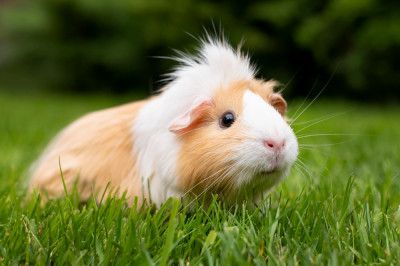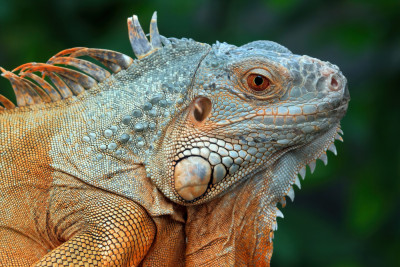Puppyhood: The Beginning of a Dog's Life
The journey of a dog's life begins in the whelping box. Puppies are born blind, deaf, and completely dependent on their mother for nourishment and warmth. In the first few weeks of life, they grow rapidly, doubling their weight within a week or two. This is a critical period for socialization, as puppies learn to interact with their littermates and mother.
Puppyhood is marked by endless curiosity and boundless energy. These little furballs are inquisitive and eager to explore the world around them. As they begin to open their eyes and ears, they become more aware of their environment. This is the time when they start teething, so providing appropriate chew toys is essential to save your furniture!
Proper nutrition is crucial during this stage to support their rapid growth. High-quality puppy food is designed to provide the essential nutrients needed for healthy development. Puppy vaccinations also begin around this time to protect them from common diseases.
Adolescence: The Teenage Years
Just like human teenagers, adolescent dogs can be a handful. This stage usually starts around six months of age and can last until the dog is around two years old, depending on the breed. During this time, dogs experience significant physical and hormonal changes.
One of the biggest challenges of adolescence is the surge in energy and playfulness. Dogs may become more independent and test their boundaries. It's essential to continue training and socialization to ensure they grow into well-behaved adults.
This stage is also when most dogs are spayed or neutered. These procedures help control the dog population and can reduce certain health risks. Talk to your veterinarian about the right time for this procedure for your dog.
Adulthood: Prime Years
Adulthood for dogs typically begins around two years of age and can last until they are seven or eight, depending on their size and breed. During this period, dogs are at their physical and mental prime. They are full of energy and enthusiasm, making it an excellent time for activities like hiking, agility training, and obedience competitions.
Senior Years: A Time of Wisdom and Reflection
As dogs enter their senior years, which typically start around seven or eight years of age, they begin to show signs of aging. Just as humans experience changes in their bodies and behavior as they grow older, so do dogs. It's essential for dog owners to be attentive to their pets' needs during this phase of life.
Physical changes become more noticeable during a dog's senior years. Their joints may become stiffer, and they may move more slowly. Some dogs might develop arthritis or other age-related health issues. It's crucial to provide them with a comfortable environment and, if needed, consult with a veterinarian about appropriate medications or supplements to alleviate discomfort.
Senior dogs may also experience changes in their sensory perception. Their hearing and eyesight may deteriorate, which can affect their overall quality of life. Keep this in mind when interacting with your older furry friend, as they may rely more on their other senses, such as smell and touch.
Nutrition plays a crucial role during this stage, too. Senior dog food formulas are designed to address their changing dietary needs, including lower calorie requirements and supplements to support joint health and cognitive function. Regular check-ups with the vet become even more important to catch and address age-related health issues early.
Mental stimulation remains essential for senior dogs. Engage them with puzzle toys, interactive games, and gentle exercise to keep their minds sharp and provide companionship. Spending quality time with your senior dog is not only enjoyable for them but also a way to maintain the strong bond you've built over the years.
Ultimately, a dog's senior years should be a time of love, care, and appreciation for the companionship they've provided throughout their life. While they may slow down physically, the wisdom and unconditional love they offer continue to enrich the lives of their human family members.
In conclusion
a dog's life is a journey through various stages, from the innocence of puppyhood to the wisdom of their senior years. Each stage brings unique challenges and joys, and being a responsible and loving dog owner means providing appropriate care and attention at every phase. Embracing the entire spectrum of a dog's life ensures a fulfilling and enduring companionship between humans and their loyal canine friends.







